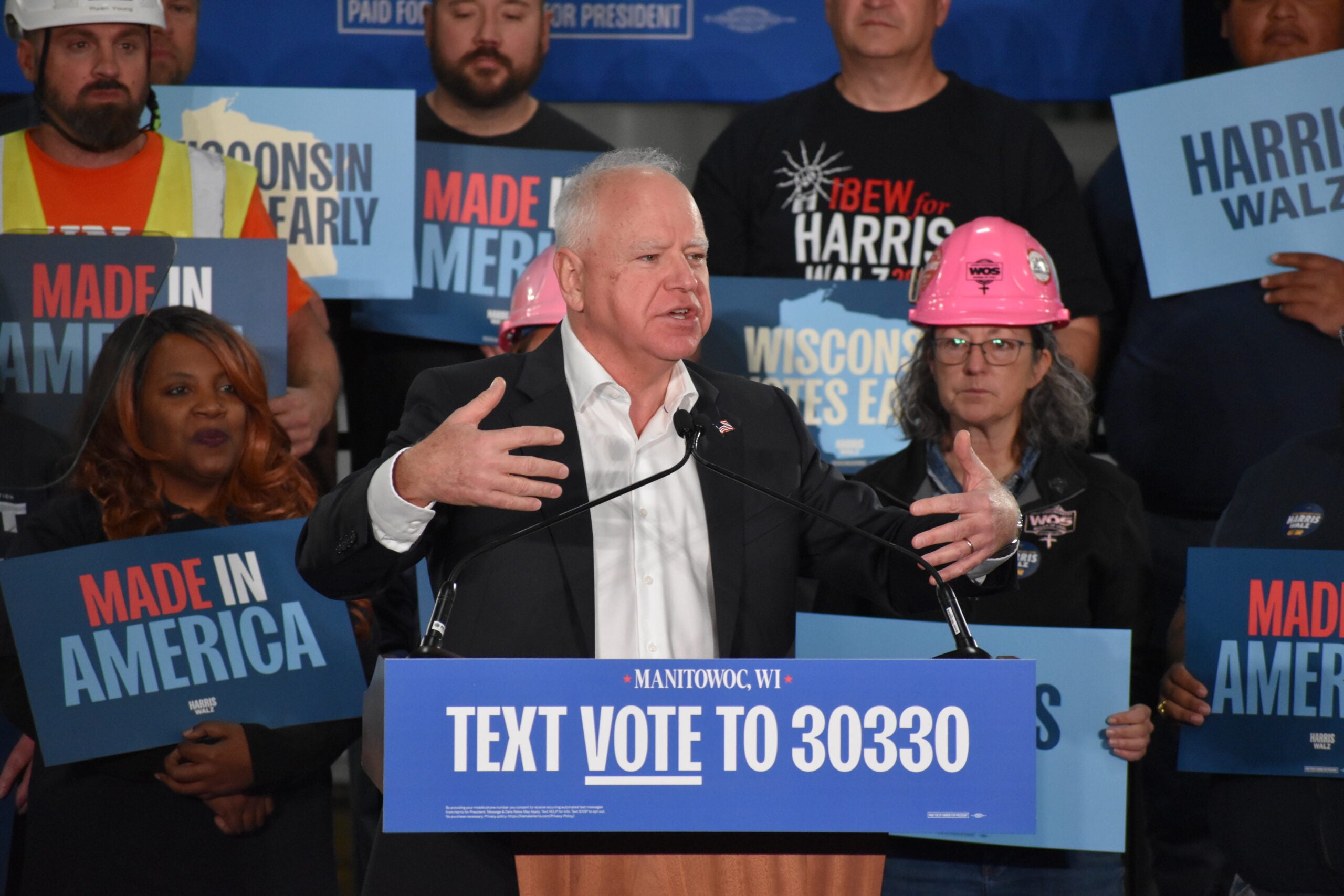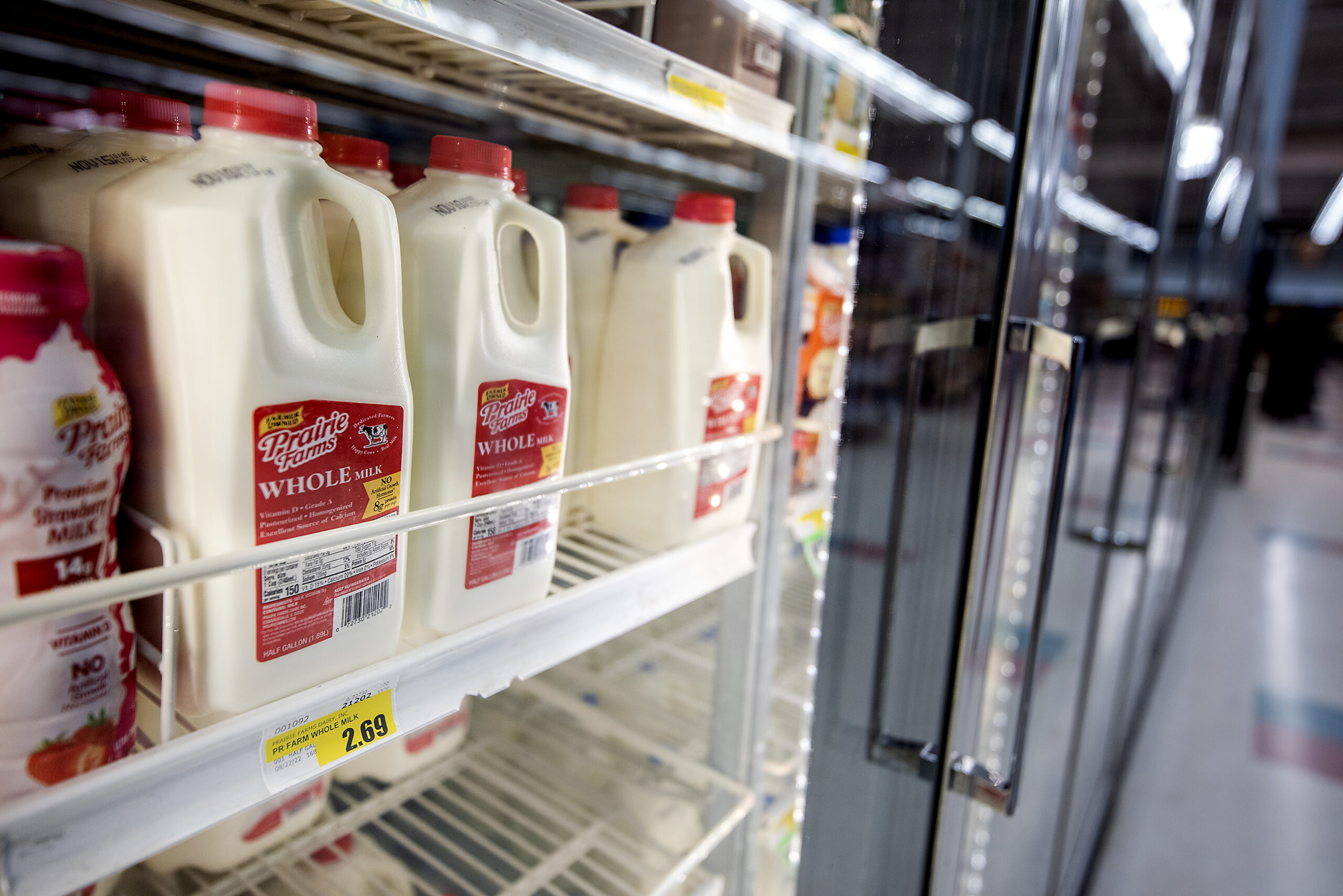Democratic state lawmakers are seeking co-sponsors for what they call a modest increase in Wisconsin’s minimum wage. Republican lawmakers have been resistant to do so even as other states have boosted their minimum wage.
The bill being introduced by Democrats is modeled after federal legislation. It would raise the minimum wage nearly $1 right away, then boost it gradually over two years to a little over $10. From then on, it would be indexed to inflation.
Darnell Summers, 57, is a fast-food worker who makes minimum wage: $7.25 an hour. He’s part-time and not by choice: His employer, Popeye’s, trimmed employee’s hours to 28 per week. Summers said it’s hard to pay his bills, and he relies on FoodShare.
Stay informed on the latest news
Sign up for WPR’s email newsletter.
“I pay $550 rent,” said Summers. “I make $640 a month. That’s not living. I am able-bodied; I should not have to depend on a Quest card so I can eat.”
The bill’s authors are state Rep. Corey Mason, D-Racine, state Sen. Nikiya Harris, D-Milwaukee, and Rep. Eric Genrich, D-Green Bay. So far, no Republicans have signed on to bill. One concern brought up is potential loss of jobs.
“That is going to have a huge, negative impact on small business all across Wisconsin,” said Assembly Speaker Robin Vos. “My preference would be to make sure we have more worker training, giving everybody an opportunity to succeed.”
Mason said a higher minimum wage doesn’t necessarily lead to job losses and can actually increase jobs. He points to data from the Economic Policy Institute.
“If you look actually the empirical data that’s there — the other states that index their minimum wage to inflation and compare it to states that don’t — there’s virtually no difference in the level of unemployment.”
The bill has 46 co-sponsors so far. A similar bill last year didn’t even get a hearing.
Wisconsin Public Radio, © Copyright 2025, Board of Regents of the University of Wisconsin System and Wisconsin Educational Communications Board.



